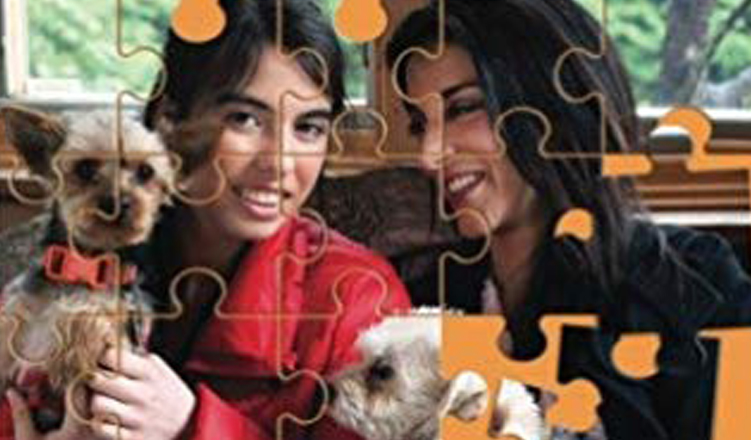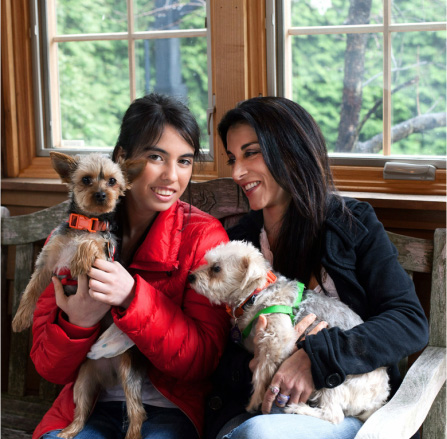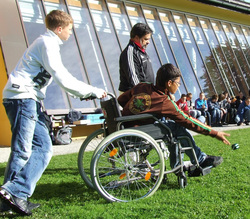What Do You Do When Told Your Child Has A Disability?

2019 WORKSHOPS

COURT CASES

PRACTICAL SOLUTIONS TO EVERYDAY BEHAVIOR
 Take comfort in knowing there are many more families who share our challenges. In fact, according to a 2008 survey conducted by the Health Resources and Services Administration, part of the U.S. Department of Health and Human Services, more than one-fifth of U.S. households with children have at least one with special needs. That’s approximately 14 percent of all children living in the United States.
Take comfort in knowing there are many more families who share our challenges. In fact, according to a 2008 survey conducted by the Health Resources and Services Administration, part of the U.S. Department of Health and Human Services, more than one-fifth of U.S. households with children have at least one with special needs. That’s approximately 14 percent of all children living in the United States.
It is unsettling when you know something about your child isn’t quite right. It’s even more unsettling when your child, at any age, seems perfectly healthy and then unexpectedly develops a medical, emotional, or physical illness—or is involved in a life-changing accident.
When I found myself in the first situation, two thoughts raced through my mind: How do other parents and caregivers handle something so unimaginable? How do they maintain a life balance while thinking about and following through with tough decisions to best help their child?
This is not just my story; this is OUR story, which is why I have started this site as a way to provide advice for parents with special needs children, resources and tips. As a licensed clinical psychologist and certified sport psychologist with more than 17 years of experience counseling children, teens and adults, I have had the pleasure of meeting hundreds of people—from parents to caregivers—who share similar concerns. I invite you to visit my blog to read my answers to your questions. If you are unsure where to begin on this path, you may want to start with The Seven Things You Need to Know to be prepared for your journey.
Learning from the experiences of others who have walked the same path is one of many ways you can begin to feel both empowered and free. Below are a handful of the stories I feature in my latest book, The New Normal: 7 Things to Know as You Care for & Love a Child with Special Needs. Regardless of whether you are at the beginning, middle, or end of your journey, you are not alone.

Emma's Story

Lou's Story
‘Yes, I need help.’

Mary's Story
Contact Dr. Nancy if you'd like to tell your story and possibly be included in future publications
